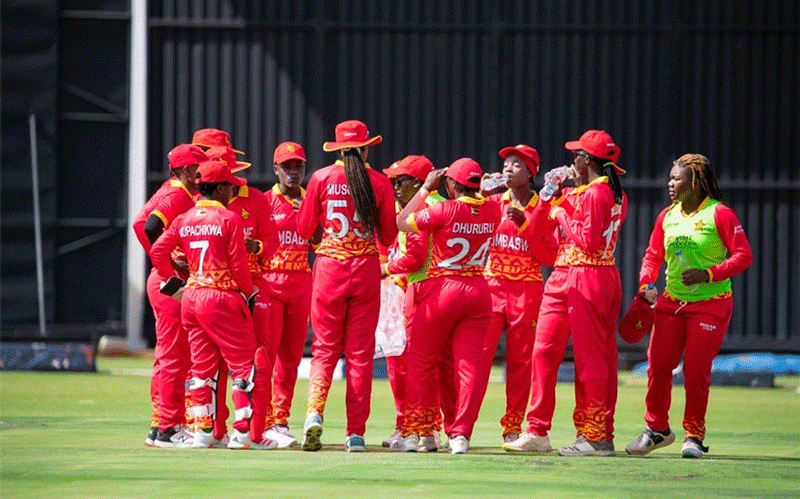
LONDON-Sixteen-year-old Chinese swimming prodigy Ye Shiwen categorically denied doping on Monday after British media raised suspicions about her world record-breaking start to the London Olympics.
Ye shattered Stephanie Rice’s mark in the women’s 400m individual medley by more than a second, including an astonishing final lap which was faster than US winner Ryan Lochte and Michael Phelps in the men’s competition.
“Insane,” commented Rice. “I mean I didn’t see it, I was way over and behind, so I didn’t really see her coming home, but that split coming home was out of control.”
With the swim, Ye took nearly seven seconds off her time at last year’s world championships. And in Monday’s 200m medley heats, she clocked 2min 8.90sec – the quickest in the world this year.
But the Zhejiang youngster, who announced herself on the global stage with the 200m medley world title last year, said there was nothing untoward.
“There is no problem with doping, the Chinese team has a firm policy so there is no problem with that,” she said.
Ye was put on the spot after leading British media pounced on her performances, pointing to China’s record of state-sponsored doping in the 1980s and 1990s.
“Ye’s amazing time for freestyle leg scarcely credible,” read a headline in The Times, which noted that the youngster was a former teammate of Chinese swimmer Li Zhesi, who was barred from the Olympics over blood-booster EPO.
- Chamisa under fire over US$120K donation
- Mavhunga puts DeMbare into Chibuku quarterfinals
- Pension funds bet on Cabora Bassa oilfields
- Councils defy govt fire tender directive
Keep Reading
“Chinese swimming has such a shameful history of doping that any remarkable achievement by one of its athletes is inevitably met with cynicism,” remarked the Daily Telegraph.
“A whiff of turtle blood in the water,” added the mass-market Daily Mail, referring to the infamous supplements given to China’s drug-tainted athletes in the 1990s.
Ye’s competitors largely steered clear of the controversy. “I have no idea, I mean I wouldn’t want to get into that at all, but a 58sec (final 100m) is an insanely fast swim,” said Rice.
Zimbabwe’s Kirsty Coventry, second-quickest in the 200m medley heats –but still more than one-and-a-half seconds behind Ye – said Ye was the product of years of investment and training by China’s team.
“In the lead-up to Beijing (Olympics) everyone thought they were going to be great, and I think they were good but I think it’s now you’re really starting to feel the effects with everything they’ve done leading up to 2008,” Coventry said.
Britain’s Mark Foster said it was not unheard of for growing teenage swimmers to make huge improvements in a short space of time.
And Arne Ljungqvist, medical commission chief for the International Olympic Committee, called the speculation “sad.”
“For me, it is very sad that an unexpected performance is surrounded by suspicions,” he told a briefing.
“I mean to raise suspicion immediately when you see an extraordinary performance – to me it is against the fascination of sport.
“To suspect someone for having done something because he performed extraordinarily is a bit sad for Olympic sport.”
China, who only won one swimming gold at Beijing 2008, took two on the first two days in London through Ye and men’s 400m freestyle winner Sun Yang.











